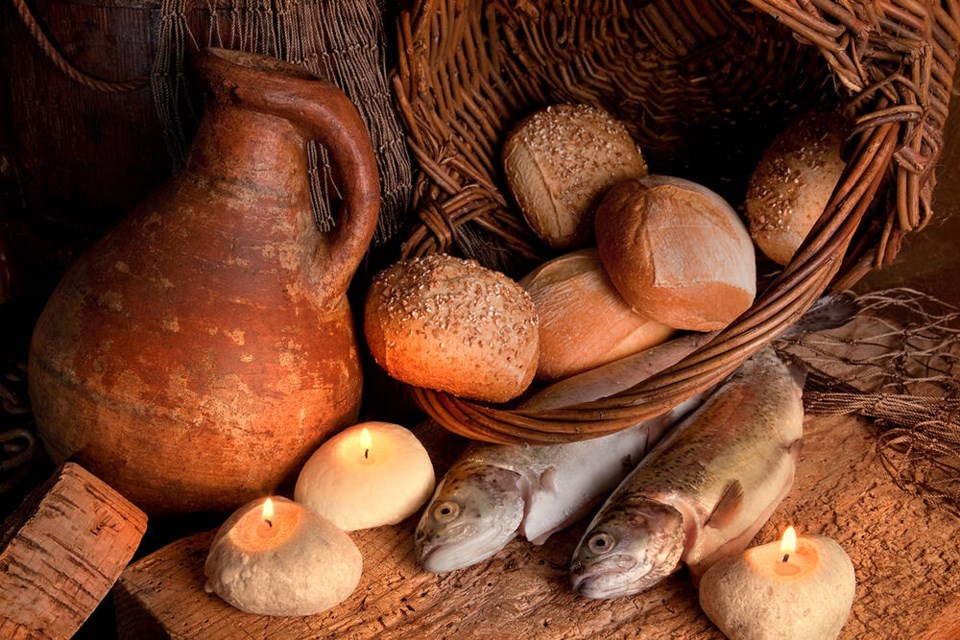Have we ever felt something is impossible?
In John 6: 1-14 before Jesus fed 5,000 people he asked Philip, who was a resident (Bethsaida) if he knew where to buy bread. But Philip was despairing. He said it would take more than six months’ wages to begin to feed such a crowd — it was impossible!
Then Andrew pointed Jesus to a boy who had five barley loaves and two small fish.
But how would that be of any help? he wondered.
To begin with, barley loaves unlike our loves today, were flat and exceedingly small. One could easily eat several at a single meal. Barley bread was despised as food for the poor. The five loaves and small fish that Andrew pointed to were just a day’s meal for the poor boy. How could such a meal suffice for more than 5,000 people?
That desperate situation is like when someone says today, “We cannot feed the whole world.”
With that kind of attitude, you end up doing nothing. Instead, I like what Mother Theresa said, “If you cannot feed the whole world, feed at least one. For that one person, you would have made their world.”
Friends, miracles do not always come in large packages. Sometimes big miracles start in small ways.
Miracles are not just about the extraordinary things done by God. They are also about the ordinary things that we do in the name of God. Miracles happen when we come to God with what we have no matter how insufficient, inadequate, or imperfect.
When we lay ordinary things in the hands of Jesus, they become extraordinary.
That is the miracle!



